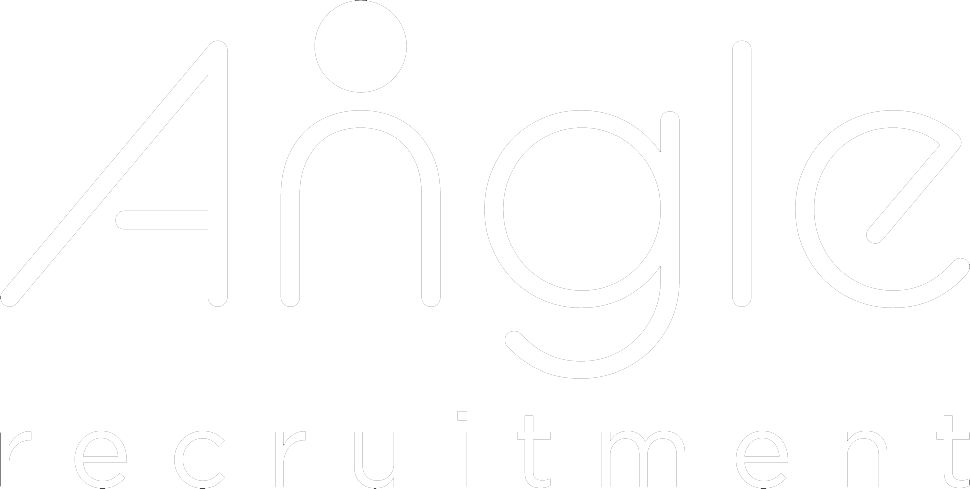Introduction
Competency-based and behavioural-based interviews have become increasingly popular among employers seeking to assess a candidate's suitability for a position. These interview techniques focus on evaluating a candidate's past behaviour and their ability to demonstrate specific competencies required for the role. To excel in these types of interviews, it is essential to understand the underlying principles and be sufficiently prepared. This article provides 10 useful tips and advice to help you master competency and behavioural-based interviews.
Understand the Job Requirements
Before the interview, thoroughly review the job description and identify the key competencies and skills required. Make a list of these competencies and familiarise yourself with their definitions and relevance to the role. This understanding will help you align your relevant experiences with the role in mind.
Prepare Relevant Examples
Behavioural-based interviews often involve questions that start with phrases like "Tell me about a time when..." or "Give me an example of..." To respond effectively, be prepared with specific examples from your past experiences that demonstrate the desired competencies. Use the STAR method (Situation, Task, Action, Result) to structure your responses and highlight your accomplishments and be ready to impress.
Research the Company
Gain a comprehensive understanding of the company's vision and mission, values, culture, and the requirements of the role. This knowledge will enable you to tailor your examples to align with the organisation's goals and demonstrate your compatibility with their work environment.
Practise Self-Reflection
Reflect on your past work experiences and identify instances where you successfully utilised the competencies relevant to the role. Analyse key challenges you faced, actions you took, and the outcomes you achieved. This exercise will help boost your confidence and ensure better recollection of specific examples during the interview.
Be Specific and Detailed
When responding to competency-based questions, provide specific details about the situation, your roles, and responsibilities, key actions you took, and results you achieved. Quantify your accomplishments whenever possible to provide tangible evidence that showcase your abilities.
Use the S.T.A.R. Technique
Structure your responses using the Situation Task Action Result (S.T.A.R.) technique to ensure clarity and coherence. Start by describing the situation or task, explain the actions you took, and conclude by highlighting the positive results you achieved. This structured approach demonstrates your ability to analyse situations and apply your skills effectively.
Be Honest and Authentic
While preparing examples, focus on genuine experiences that accurately represent your abilities and behaviours. Interviewers are skilled at detecting dishonesty or rehearsed responses. Your authenticity and sincerity will make a lasting impression and create a genuine connection with the interviewer.
Active Listening and Effective Communication
During the interview, actively listen to the questions and take a moment to gather your thoughts before responding. Pay attention to non-verbal cues and maintain good eye contact. Clearly articulate your responses, using concise and confident language.
Develop a Range of Examples
Anticipate a variety of competency-based questions and develop a range of examples that showcase different skills and experiences. This will enable you to adapt your responses based on the specific competencies being assessed.
Practice Makes Perfect
Engage in mock interviews with a friend or a career counsellor to simulate the interview environment and be well-prepared for the interview. Practise responding to different competency-based questions. Always refine your answers and be open to receive feedback on your delivery and body language to make them better.
Conclusion
Competency and behavioural-based interviews provide employers with invaluable insights into a candidate's past work behaviour and abilities. By understanding the job requirements, preparing relevant examples, and practising effective communication, you can excel in these interviews. Always be authentic, provide specific details, and use the S.T.A.R. technique to structure your responses. With thorough preparation and self-confidence, you will be able to truly showcase your skills and stand out as the ideal candidate for the role. Best of luck!











